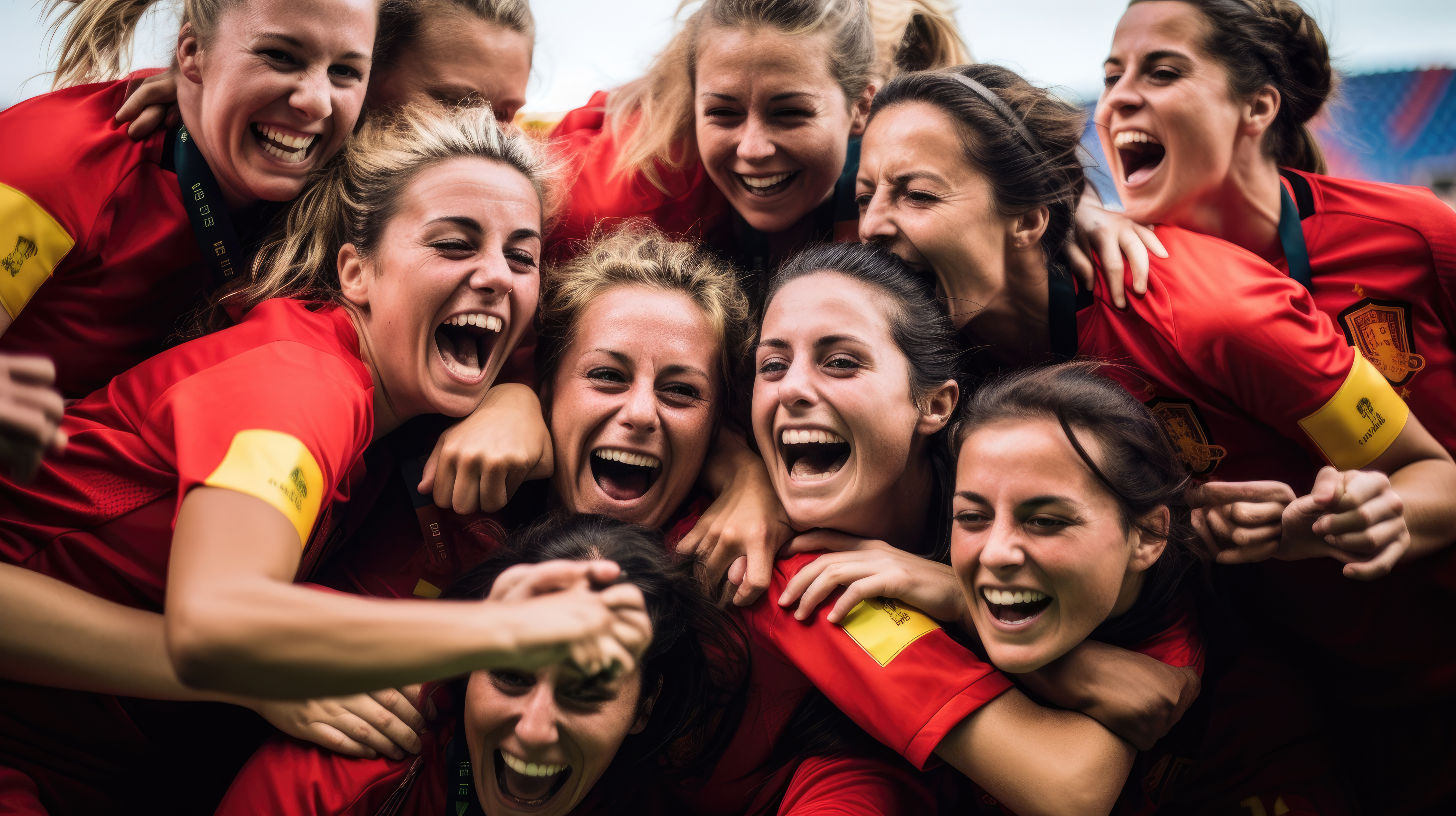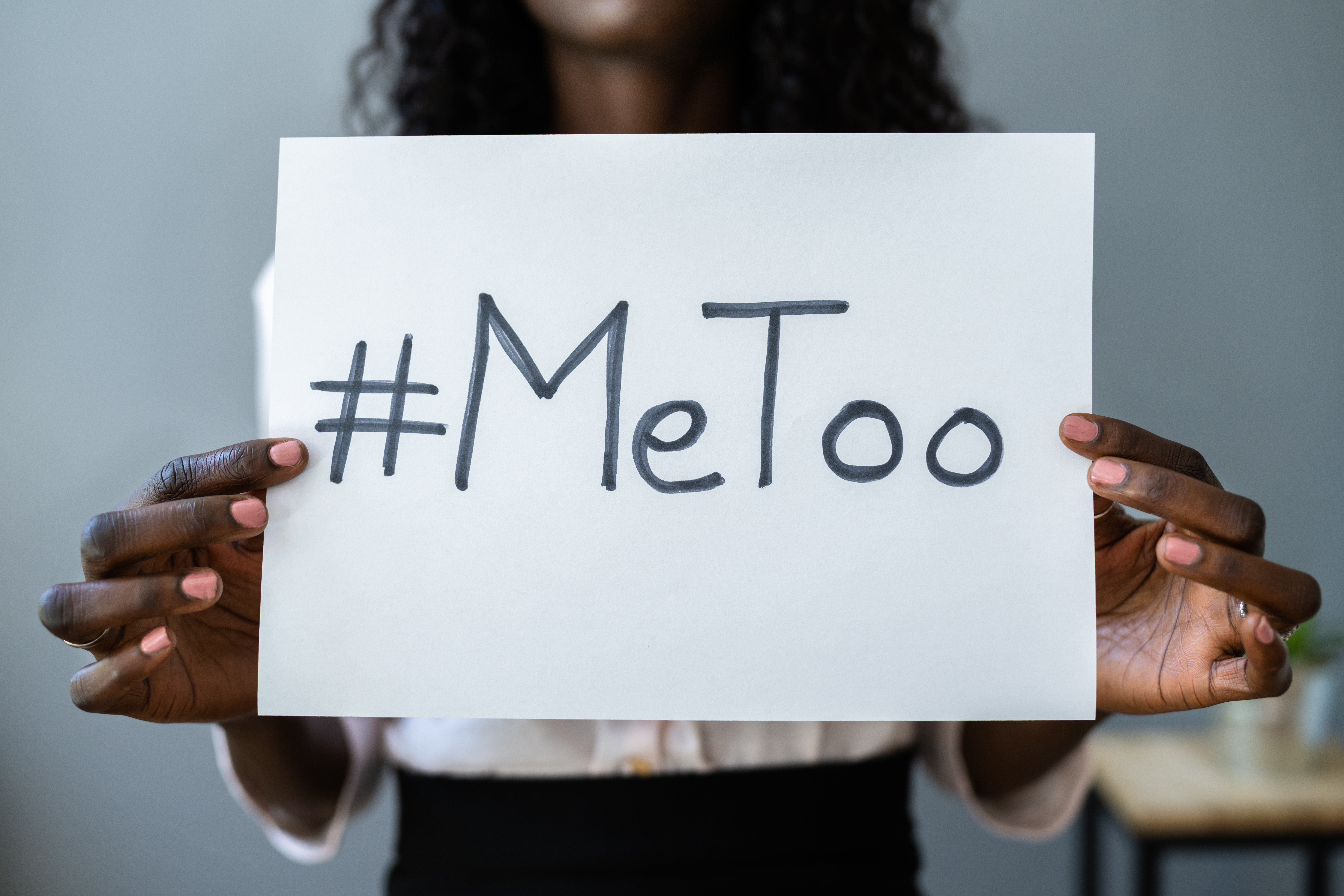By Olivia Henry
On the 20th of August 2023, history was made as the Spanish Women’s National football team won the Women’s World Cup for the first time, beating England by a goal to nil at Stadium Australia in Sydney.
However, smiles fell to frowns and victory disintegrated into rage during the post-match awards ceremony when Luis Rubiales, former president of the Spanish football federation (RFEF) and former vice president of UEFA, kissed Spanish forward Jenni Hermoso in what she claimed was a non-consensual embrace.
Fast forward one month and the victory of ‘Las Rojas’ is one that is still being widely discussed in national media outlets; but not for the right reasons. Where we should have seen the joyous moment of the players lifting the trophy, images of the kiss were plastered onto the front pages of newspapers across the globe. In less than 48 hours, a historic achievement had been overshadowed by the inappropriate conduct of one of the most powerful people in football.
Unsurprisingly, Rubiales has received a mass amount of criticism for his behaviour on both a national and international scale. Celebrities, politicians, and the public alike have come to Hermoso’s defence, with the Spanish Minister of Equality, Irene Montero, speaking out on social media platform ‘X’ warning Rubiales that “discrediting the victim and her support networks… will not work.”

Amongst widespread condemnation of his actions came countless demands for Rubiales to step down from his position as president of the Spanish football federation. Many thought he was going to take such action at a general assembly of the RFEF on the 25th of August but in a dramatic turn of events, he stood in front of his counterparts and defiantly insisted that he would not resign, describing the criticism he had received as a “social assassination” against his person.
But the more he resisted, the more the pressure mounted and almost three weeks after the final took place, he finally admitted defeat in an interview with Piers Morgan, crediting the wellbeing of his family as a primary factor in his decision to resign.
Appearing in court for the first time on the 15th of September, Rubiales denied allegations of sexual assault. Regardless of this claim, he was given a restraining order by judge Francisco de Jorge which prohibits him from going within 200 metres of Hermoso.
Rubiales is not the only one reaping the consequences of his actions. Only 16 days after leading his team to victory on the world stage, Spanish manager and close ally of Rubiales, Jorge Vilde was sacked from his position, with the RFEF not able to give a concrete answer for the reason for his dismissal. His successor, Montse Tome, was part of Vilde’s coaching staff during the world cup, all of whom unanimously quit after the events during the final.
On Monday 18th of September, she named 15 world cup winners in her 24-player squad for the start of the inaugural women’s nations league as they look to cement their status as the world’s best.
There is, however, one notable absence from her squad; Jenni Hermoso. In response to being left out, she criticised claims made by the manager that her omission from the squad was out of protection and told Spanish reporters that the selection of those players who had been boycotting the national team showed that “nothing had changed” within the RFEF. Under the instruction of the Spanish football federation, players who had previously stated that they were boycotting the national team after the events of the final, were called up, the threat of facing fines or a ban from the national side looming over their heads if they refused to return.

Although an uphill battle remains to be fought for the Spanish players, the sordid reality is that this is familiar territory for women’s sport. Female athletes are used to protesting, campaigning and boycotting national organisations to fight for improved pay, better resources, increased funding and so much more.
An issue that transcends football and sport in countless capacities, the events of the World Cup final have sparked an international conversation about gender equality. It has drawn attention to the severity of sexual assault cases, as the event has made its mark in the ‘MeToo’ movement which acts against sexual violence. With this movement gradually gaining momentum in Spain, hopefully we will be able to look back on the ‘Kissgate’ scandal and view it as a moment that sparked seismic change in attitudes towards women’s rights throughout Spanish society and around the world.
